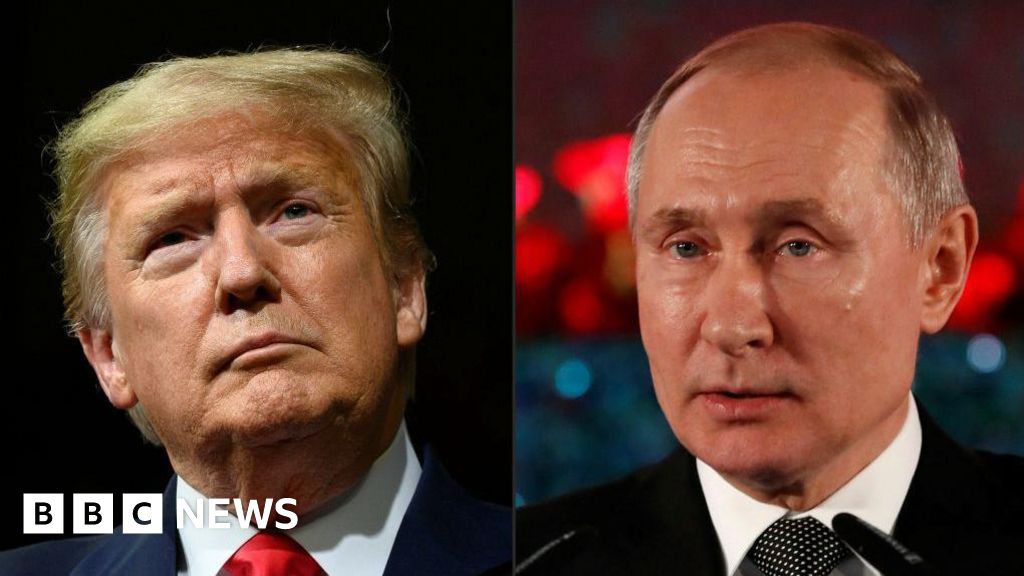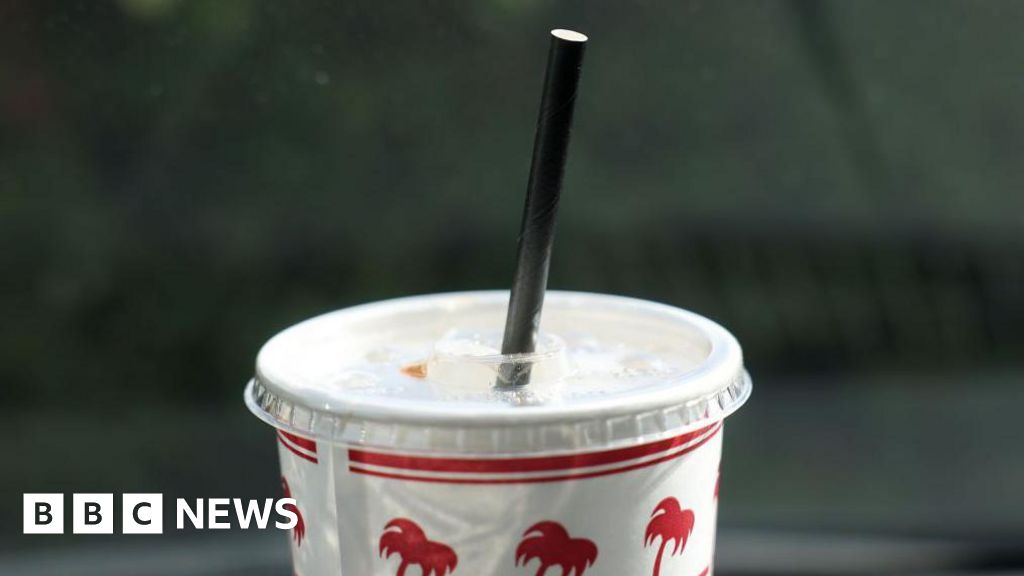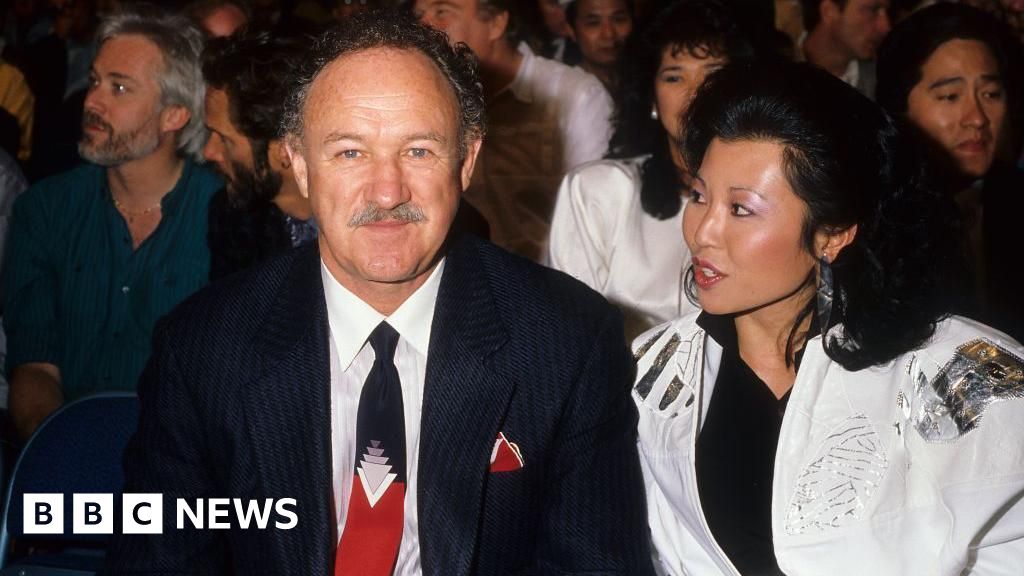
US Treasury Secretary Scott Bessent has warned that Washington could increase secondary tariffs on India.
He said the decision would depend on the outcome of President Donald Trump’s meeting with Russian counterpart Vladimir Putin in Alaska on Friday.
“We’ve put secondary tariffs on Indians for buying Russian oil. And I could see, If things don’t go well, then sanctions or secondary tariffs could go up,” Bessent said in an interview to Bloomberg TV on Wednesday.
Earlier this month, Trump imposed a 25% penalty on India in addition to 25% tariffs for buying oil and weapons from Russia.
The US has been trying to mediate a ceasefire between Russia and Ukraine, and on Wednesday, Trump warned of “severe consequences” if Moscow did not agree to a peace deal.
Trump and Putin are set to meet in Anchorage on Friday to discuss how to end the war in Ukraine.
“President Trump is meeting with President Putin, and the Europeans are in the wings carping about how he should do it, what he should do. The Europeans need to join us in these sanctions. The Europeans need to be willing to put on these secondary sanctions,” Bessent said.
Delhi’s increased imports of cheap Russian crude since the Ukraine war have strained India-US relations and disrupted ongoing trade talks with Washington.
Russian oil made up 35% to 40% of India’s oil imports in 2024 – up from 3% in 2021.
Delhi has defended its purchases of Russian oil, arguing that as a major energy importer, it must buy the cheapest available crude to protect millions of poor Indians from rising costs.
Bessent’s comments come after he called India a “bit recalcitrant” on trade negotiations in an interview with Fox Business on Tuesday.
Trump says his tariffs are part of his administration’s plan to boost the US’ economy and make global trade fairer.
He has repeatedly called India a tariff abuser and is keen to trim a $45bn (£33bn) trade deficit with Asia’s third largest economy.
Trade negotiations between Delhi and Washington have been under way for several months, and are set to renew with US negotiators expected to arrive in India on 25 August.
But experts say India’s refusal to reduce duties on agriculture and dairy products has been a major thorn in the negotiations.
Trump’s new 50% tariff rate on India is set to come into effect on 27 August, which some experts have said is akin to an embargo on trade between the two countries.
It makes India the most heavily taxed US trading partner in Asia and is expected to severely hamper its exports focused industries like textiles and jewellery, and could drag India’s growth down by as much as half a percent.



